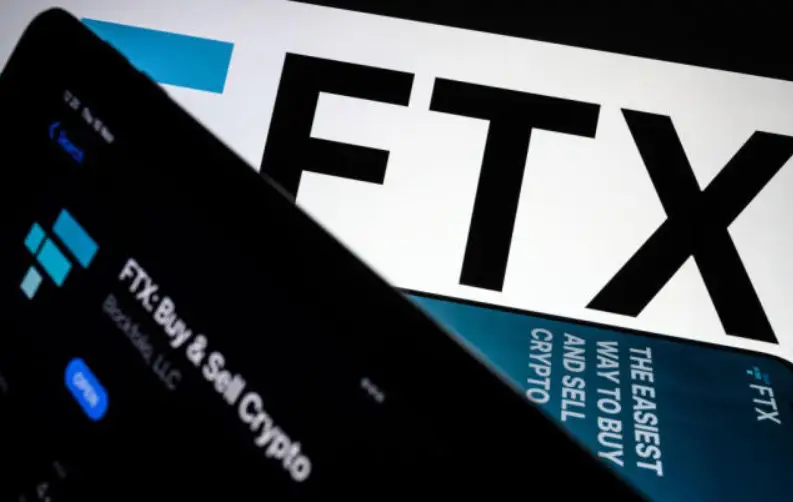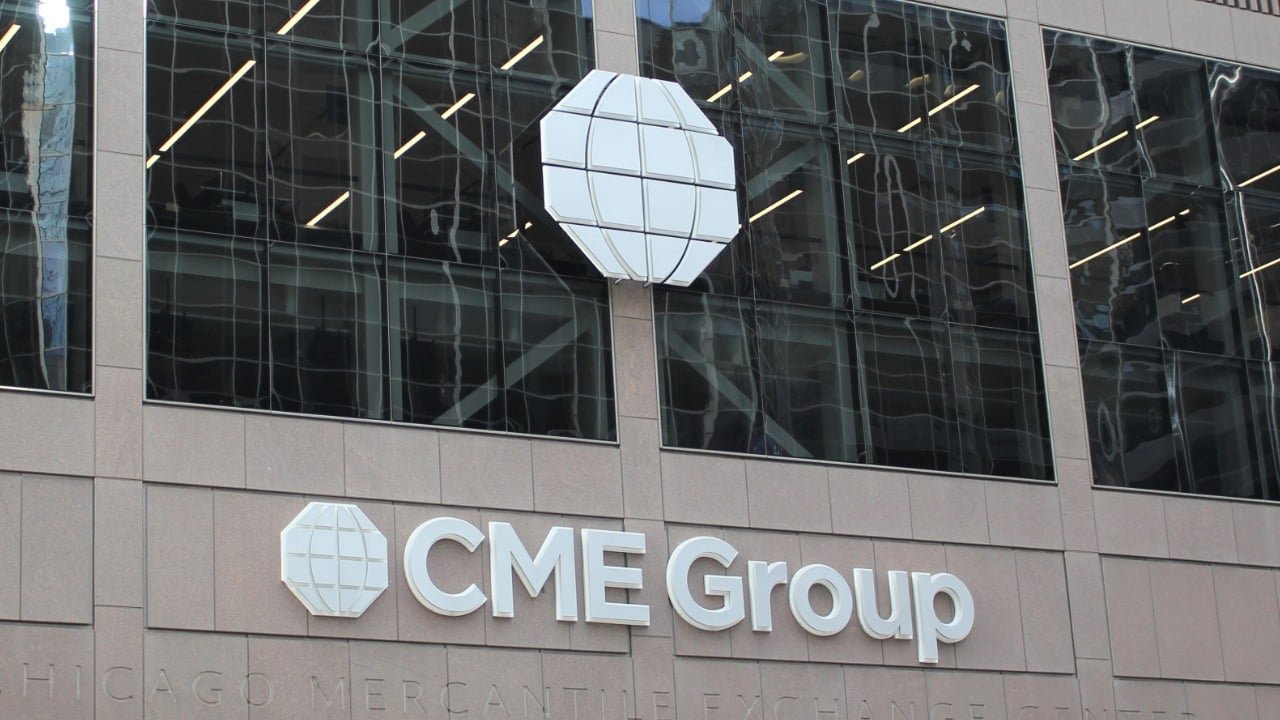White House Insider Reveals Crypto Bill Timeline: ‘July Will Be
FTX Bankruptcy Reorganization Plan Faces Pushback from Creditors
(Originally posted on : Crypto News – iGaming.org )
FTX’s bankruptcy reorganization plan has been rejected by a group of creditors chaired by Sunil Kavuri. They gave several reasons for their rejection, including the belief that the settlement does not benefit creditors.
The creditors contend that receiving payment in cash would incur further expenses for them. They suggest an alternate course of action that involves in-kind asset compensation instead. They also object to money being released to the FTX estate, using bankruptcy code Chapter 11. They contend that giving money to the FTX estate would be the same as giving money that has been stolen.
This pushback is the latest development in the ongoing conflict between the FTX bankruptcy estate, its creditors, and former customers. Last year, the Official Committee of Unsecured Creditors (UCC) expressed their disappointment with FTX’s bankruptcy reorganization plan, criticizing the lack of consultation during the initial drafting process.
Core Disagreements
A significant point of contention is the reimbursement terms. Former FTX customers and creditors have demanded that they be reimbursed at current market prices rather than the low prices from 2022 when the exchange collapsed during a crypto bear market. This issue remains a central disagreement as both sides debate the in-kind reimbursement plan and broader property rights concerns.
The fact that FTX creditors have sued Sullivan & Cromwell, the bankruptcy management company, has further complicated matters. They claim that the company knew about the exchange’s financial problems prior to its collapse and was complicit in FTX’s wrongdoing. Sullivan & Cromwell was exonerated of all charges by an independent review, which also confirmed that the company was ignorant of FTX’s illegal actions prior to the company’s collapse.
New players only. Exclusive Welcome Bonus of 177% + 77 Free Spins
The outcome of these matters is still crucial for the future of FTX’s bankruptcy proceedings and the payment of its creditors’ debts, as long as the disagreement persists.







 Bitcoin
Bitcoin  Ethereum
Ethereum  Tether
Tether  XRP
XRP  Solana
Solana  USDC
USDC  TRON
TRON  Dogecoin
Dogecoin  Lido Staked Ether
Lido Staked Ether  Cardano
Cardano  Wrapped Bitcoin
Wrapped Bitcoin  Hyperliquid
Hyperliquid  Bitcoin Cash
Bitcoin Cash  Wrapped stETH
Wrapped stETH  Sui
Sui  Chainlink
Chainlink  LEO Token
LEO Token  Avalanche
Avalanche  Stellar
Stellar  USDS
USDS  Toncoin
Toncoin  Shiba Inu
Shiba Inu  WhiteBIT Coin
WhiteBIT Coin  WETH
WETH  Litecoin
Litecoin  Wrapped eETH
Wrapped eETH  Binance Bridged USDT (BNB Smart Chain)
Binance Bridged USDT (BNB Smart Chain)  Hedera
Hedera  Monero
Monero  Bitget Token
Bitget Token  Ethena USDe
Ethena USDe  Polkadot
Polkadot  Coinbase Wrapped BTC
Coinbase Wrapped BTC  Pi Network
Pi Network  Uniswap
Uniswap  Aave
Aave  Pepe
Pepe  Dai
Dai  Ethena Staked USDe
Ethena Staked USDe  Aptos
Aptos  OKB
OKB  Bittensor
Bittensor  BlackRock USD Institutional Digital Liquidity Fund
BlackRock USD Institutional Digital Liquidity Fund  NEAR Protocol
NEAR Protocol  Jito Staked SOL
Jito Staked SOL  Internet Computer
Internet Computer  Cronos
Cronos  Ethereum Classic
Ethereum Classic  sUSDS
sUSDS  Ondo
Ondo  Tokenize Xchange
Tokenize Xchange  USD1
USD1  Mantle
Mantle  Gate
Gate  Official Trump
Official Trump  Cosmos Hub
Cosmos Hub  VeChain
VeChain  Artificial Superintelligence Alliance
Artificial Superintelligence Alliance  Lombard Staked BTC
Lombard Staked BTC  Sky
Sky  Render
Render  Sei
Sei  POL (ex-MATIC)
POL (ex-MATIC)  Ethena
Ethena  Arbitrum
Arbitrum  Algorand
Algorand  Filecoin
Filecoin  Jupiter Perpetuals Liquidity Provider Token
Jupiter Perpetuals Liquidity Provider Token  Binance-Peg WETH
Binance-Peg WETH  USDtb
USDtb  Worldcoin
Worldcoin  KuCoin
KuCoin  Binance Staked SOL
Binance Staked SOL  USDT0
USDT0  Jupiter
Jupiter  NEXO
NEXO  Rocket Pool ETH
Rocket Pool ETH  SPX6900
SPX6900  Bonk
Bonk  Polygon Bridged USDT (Polygon)
Polygon Bridged USDT (Polygon)  Injective
Injective  Kaia
Kaia  Fartcoin
Fartcoin  Stacks
Stacks  Binance Bridged USDC (BNB Smart Chain)
Binance Bridged USDC (BNB Smart Chain)  Celestia
Celestia  Sonic
Sonic  PayPal USD
PayPal USD  Virtuals Protocol
Virtuals Protocol  Optimism
Optimism  PAX Gold
PAX Gold  Solv Protocol BTC
Solv Protocol BTC  Mantle Staked Ether
Mantle Staked Ether